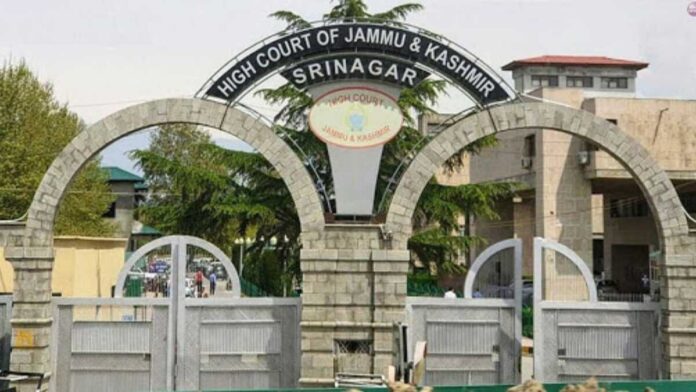In a significant development, the High Court of Jammu Kashmir, led by Chief Justice Sanjay Parihar, has ordered a comprehensive reinvestigation by the Central Bureau of Investigation (CBI) into the widely publicized bank fraud case involving a staggering amount of ₹91 crores. The directive comes after the court found the initial investigation by the CBI’s Special Task Force (Banking-Fraud Section) to be lacking in depth and rigor, raising serious questions about the quality of the inquiry conducted so far.
The case revolves around the Jhelum Industries, Jhelum Infra Project India Pvt Ltd, and New Jammu Flour Mills, against which charges were being heard. The FIRs in question allege illegal transactions and other forms of financial misconduct within the loan accounts of the accused entities.
Upon reviewing the case, Chief Justice Sanjay Parihar expressed dissatisfaction with the investigation’s thoroughness, pointing out that the investigating officer failed to delve deeply enough to uncover the truth. The prosecution’s claims of fraudulent documentation created to secure increased cash credit facilities for the accused companies have been met with skepticism, especially in light of a forensic report by handwriting experts that contradicted the allegations of document tampering.
The CBI’s stance that it has kept the case open for further investigation seems to conflict with its apparent lack of inquiry into the roles of bank officials involved, suggesting a directionless approach to the investigation. This has led the court to demand a more meticulous and impartial investigation, one that leaves no stone unturned in identifying any potential evidence fabrication.
The background of the case traces back to Raj Kumar Gupta, the promoter of the three companies under scrutiny, who had business accounts with Punjab & Sind Bank. Transactions between these accounts, particularly involving Jhelum Industries, and subsequent dealings with the Bank of India (the complainant) have come under suspicion. The accused entities were found to have benefited from cash credit limits, which were later increased by the complainant bank, raising further questions about the legitimacy of these financial arrangements.
Also Read
In light of these findings, the court has returned the chargesheets to the CBI’s Special Task Force (Banking-Fraud Section), headquartered in New Delhi, for a more thorough investigation in accordance with legal standards.




